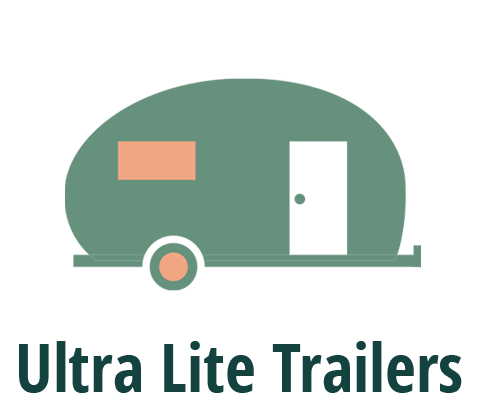It’s finally time! You’ve been doing your research on floor plans, finishes, and functions for months. You’ve fallen in love with the kitchen island and a large entertaining space. You know the floor plan you’ve picked will fit everyone. The question is: how are you going to pay for your new camper? Do you have large reserves of cash on hand, or will you need to apply for a recreational loan?
Before you commit to a new camper, you need to know that financing a recreational vehicle is a longer process than financing an automobile. Because a recreational vehicle is not considered a “necessity”, lenders see these loans as higher risk than an auto loan. This means that they’re more thorough in their underwriting process, verifying all credit and employment information before making a decision on the loan approval. When reviewing a potential customer for financing, lenders look at several different factors. If you keep the following points in mind, you’ll be in a great starting place to establish the best possible terms for your loan.
Credit Score and History
Credit score and credit history are the most important factors that lenders consider. The higher your credit score is, the better the lending offer will typically be. This can mean lower interest rates, better terms, and lower down payments. Take the time to look into your credit history to ensure everything is reporting accurately before you apply for a recreational loan. You can obtain a copy of your credit report directly through Experian.
Lenders also want to see comparable credit history. For example, if you’re requesting $40,000 from the lender, they will want to see that you’ve had a loan for a similar dollar amount in the past. On-time payment history on comparable credit is imperative!
Income and Employment History
Income and employment history are important factors in RV lending. Finance companies prefer lending to consumers that have steady employment and income history. Moving from job-to-job or having large gaps between employment can be red flags to lenders. Having long-term, regular income with one employer can make you a more appealing candidate.
Lenders will need to know that you’ll have enough income to cover existing debt payments and monthly living expenses, as well as the payment on the new loan. To be considered an ideal applicant for lending, you will want your DTI (debt-to-income ratio) as low as possible. If you’re concerned about fitting the payment into your monthly budget, our finance team can work with you to find the best path to approval that fits your situation!
Collateral and Deal Structure
The RV or trailer you’re buying will have an effect on your financing offer and terms. Older units with higher mileage may be subject to shorter terms and higher rates since there is a higher risk of mechanical issues. New units are considered less risk due to newer technology, better materials, and factory warranties in place to cover any issues. New units are typically more expensive upfront, but lenders are more generous with lending terms. This can help lower your monthly payment and give you a better interest rate.
Loan-to-value ratio (the amount your borrowing versus the value of the camper) is also an important aspect of the loan process. A lower LTV ratio can help your approval odds. Larger down payments or trade equity are two ways to improve the LTV ratio.
As you can see, there is a lot that goes into financing an RV or travel trailer. If you keep your credit score high, your debt low, and your income steady, you’ll improve your odds of getting ideal finance terms when you apply for a recreational loan. At HWY34 RV, we have great relationships with national lenders, as well as local credit unions. If you’re considering purchasing a new RV or trailer and need guidance on the process, please reach out to us. If you have concerns about credit issues, we would love to discuss your long-term travel goals. We can help you create a plan to make them a reality! Apply here today!
Back to News








